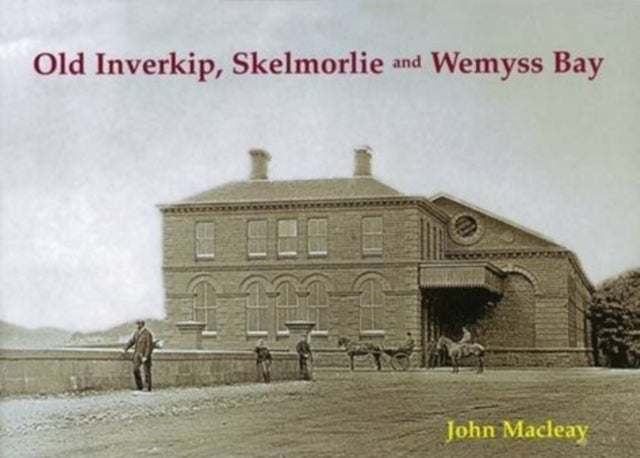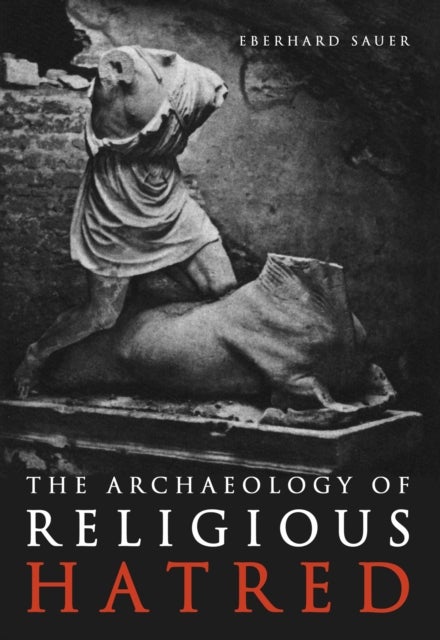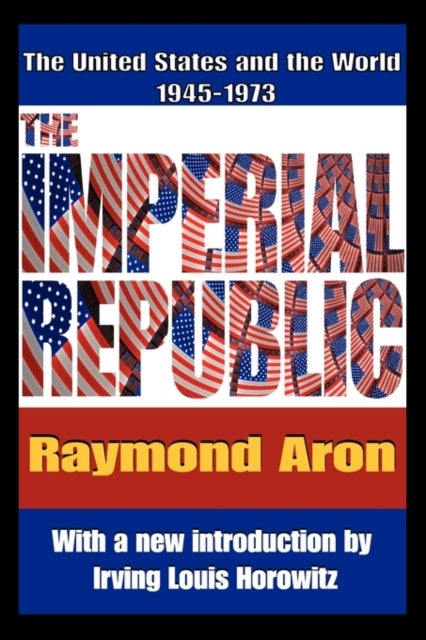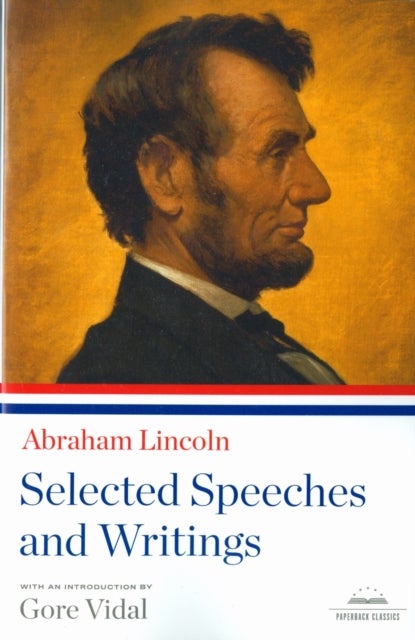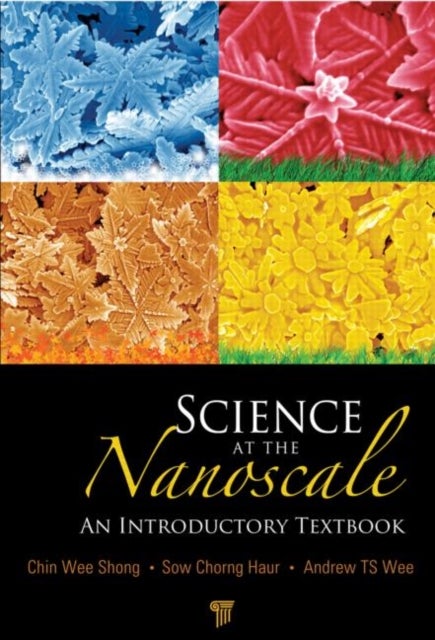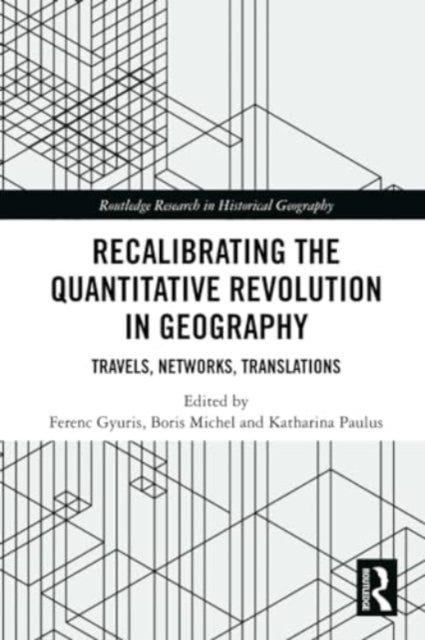
Recalibrating the Quantitative Revolution in Geography
646,-
<P>This book brings together international research on the quantitative revolution in geography. It offers perspectives from a wide range of contexts and national traditions that decenter the Anglo-centric discussions. The mid-20th-century quantitative revolution is frequently regarded as a decisive moment in the history of geography, transforming it into a modern and applied spatial science. This book highlights the different temporalities and spatialities of local geographies laying the ground for a global history of a specific mode of geographical thought. It contributes to the contemporary discussions around the geographies and mobilities of knowledge, notions of worlding, linguistic privilege, decolonizing and internationalizing of geographic knowledge.</P><P>This book will be of interest to researchers, postgraduates and advance students in geography and those interested in the spatial sciences.</P>

